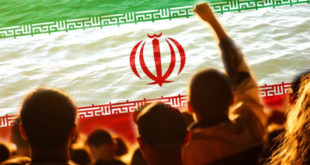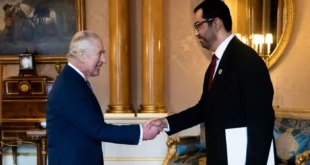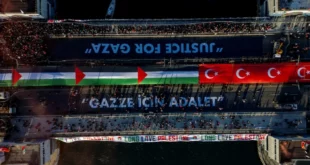 NEW YORK (Reuters) – Russia’s foreign minister on Wednesday dismissed suggestions by U.S. and European officials that it has become isolated since its war with Georgia and insisted it acted in justifiable self-defense.
NEW YORK (Reuters) – Russia’s foreign minister on Wednesday dismissed suggestions by U.S. and European officials that it has become isolated since its war with Georgia and insisted it acted in justifiable self-defense.
Washington and its European allies roundly condemned Russia when it invaded Georgia last month after easily thwarting an attempt by Tbilisi to re-establish control over its breakaway region South Ossetia, which has since declared independence along with another breakaway enclave, Abkhazia.
Russian Foreign Minister Sergei Lavrov told an audience of academics, officials and journalists that Moscow had only responded to Georgian aggression against the South Ossetians and suggested he was perplexed by the failure of Western powers to understand that.
Earlier, U.S. Secretary of State Condoleezza Rice suggested that Russia had isolated itself by invading Georgia.
“Russia has one foot in the international system, the integration, and one foot out. That’s actually not a very comfortable place to be,” said Rice in an interview with CNBC.
Lavrov dismissed the idea.
“We don’t feel isolated at all,” he said.
Moscow’s chief diplomat said more countries were reaching out to Russia than ever before at the current gathering of world leaders at the U.N. General Assembly in New York.
“I have (had) more requests for bilateral meetings during the current session than in recent years,” he said.
Georgia and some Western countries have accused Russia of de facto annexation of South Ossetia. But Lavrov said, “We have no intention to claim anybody’s territory.”
Lavrov said repeatedly that Russia had only intervened to protect the South Ossetians from being killed by Georgian attacks. He acknowledged that Russia had originally considered the idea of pre-emptively attacking the Georgians, which he said could have saved several hundred Ossetian lives.
Moscow also considered setting up a war crimes tribunal to try Georgian President Mikheil Saakashvili similar to the one that convicted the former Iraqi leader Saddam Hussein after the U.S. invasion of Iraq in 2003 ousted him and his government.
Instead, it reacted only after Georgia attacked, he said, and invaded to destroy Tbilisi’s arms to prevent new attacks.
“Russia’s approach was the only realistic one,” he said.
Lavrov made clear that Moscow saw its invasion of Georgia as “self-defense” to protect the many Russian passport holders in South Ossetia.
Its military campaign, he added, was consistent with the basic tenets of Russian foreign policy.
Those tenets include respect for international law while acknowledging the need for “protecting Russians wherever they are.” He also said there are geographic areas where Moscow “has privileged interests,” including the former Soviet Union.
 Eurasia Press & News
Eurasia Press & News


